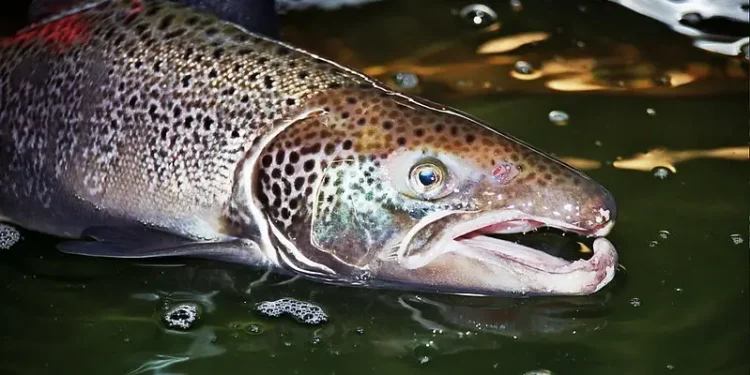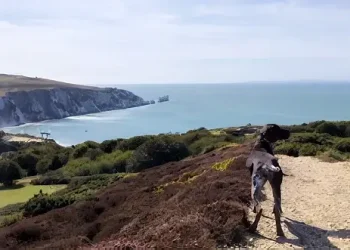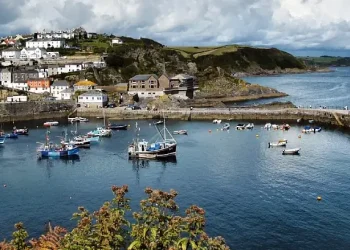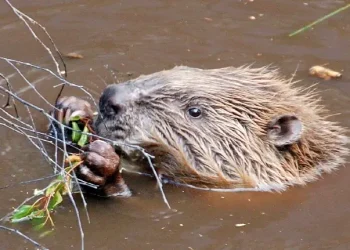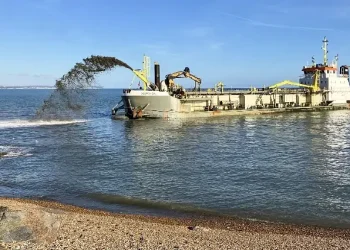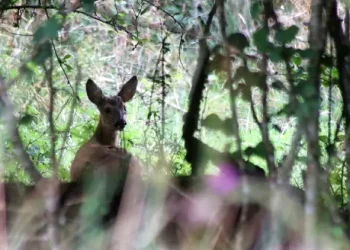England’s salmon stocks have reached a critical point, with new data showing the lowest levels on record. This alarming trend has significant implications for the environment, fisheries, and the communities that depend on this important fish.
The Current State of Salmon Stocks
Record Lows
The latest report from the EA and Cefas indicates that Wild Atlantic salmon stocks in England are at an all-time low. This decline is a stark reminder of the pressing need for immediate and coordinated action to protect this species.
Causes of Decline
Several factors are contributing to this decline, including climate change, marine exploitation, and barriers to fish passage.
Kevin Austin, Deputy Director for Agriculture, Fisheries and the Natural Environment at the Environment Agency, emphasized that
“climate change, marine exploitation and barriers to fish passage are all significantly impacting the numbers of salmon returning to our rivers to spawn”.
Efforts to Protect Salmon Stocks
Regulatory Measures
The Environment Agency has implemented several measures to protect salmon stocks. These include the closure of all commercial salmon net fisheries in England until at least 2029 and the implementation of mandatory catch-and-release policies for anglers. Since 2019, these measures have been in place to reduce exploitation and help stabilize the stocks.
River Restoration
Significant work is being done to improve river conditions. The EA has improved numerous fish passes at weirs or barriers across English rivers, enhancing salmon access to spawning grounds. For example, a new 200m fish pass at Colwick on the River Trent, set to be completed later this year, will be the country’s largest fish pass, restoring miles of river and aiding migration.
Data and Statistics
| Region | Net Catches in 2022 | Percentage of Total |
|---|---|---|
| North West | 565 fish (2.4 t) | 44% |
| Wales | 41% | |
| North East | 13% | |
| Midlands | 2% | |
| South West | 1% |
The provisional declared salmon catch by nets and fixed engines in 2022 was 565 fish, which is 22% lower than the catch in 2021 and well below the average of the previous five years.
Collaborative Action
- Government and Partners: Coordinated action between governments, partners, and industry is crucial to alleviate the combined impact of these pressures and prevent the extinction of this historic species.
- NGOs and Angling Organisations: The EA is engaging with NGOs, angling organisations, and other stakeholders to develop a new salmon implementation plan for England, taking into account all the pressures facing salmon.
Impact on Local Communities
The decline in salmon stocks not only affects the environment but also has significant economic and social implications for local communities that rely on salmon fishing.
The closure of net fisheries and the shift towards catch-and-release angling are measures aimed at ensuring the long-term sustainability of these communities.
Food for Thought
The record-low salmon stocks in England are a wake-up call for urgent action.
As Kevin Austin from the Environment Agency noted,
“without future collaborative action, Wild Atlantic Salmon could be lost from our rivers in our lifetimes.”
It is imperative for all stakeholders to work together to protect this amazing species and the ecosystems they inhabit. As a result, the future of England’s rivers and the communities that depend on them hangs in the balance.
Therefore, collective efforts are necessary to ensure the survival of Wild Atlantic salmon. Furthermore, a unified approach will be instrumental in addressing the pressing challenges facing this species, and in the long run, securing its survival.
Sources: THX News, Environment Agency & Natural England.



